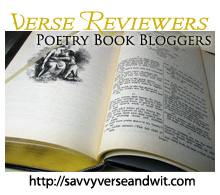2020 felt strange. It was by turns too busy and too erratic, and my reading reflected that.
January: 8 books July: 8 books
February: 9 books August: 9 books
March: 6 books Sept.: 7 books
April: 5 books Oct.: 11 books
May: 8 books Nov.: 5 books
June: 6 books Dec.: 10 books
As you can see, it seems like when the pandemic first hit here and kids were sent home from school for virtual learning in March, my reading fell off. That is not unexpected. I’m not sure what was going on in June that dropped my reading, but at the end of the year, November was the most stressful at work in terms of workload. December was still stressful for other reasons at work, but I had more days off that month to read and just relax.
Here are some other reading stats I compiled because I was curious in this year of COVID-19 and political unease.
# of Books Read: 95
# of Books Reviewed: 91 (some will be reviewed in 2021)
# of Audiobooks: 17
# of Kids books: 34 (this is where I spent a lot of time with my reluctant reader)
# of Nonfiction: 11
# of Adult Fiction: 23
# of Memoir: 7
# of Poetry: 24
Some of these numbers will include books that crossover into another genre or category. For instance, some memoir were also poetry, while others were audio as well as fiction.
Now, for what you’re all probably curious about — My favorite books from 2020.
Not all were published last year.
I picked my top 2-3 in each category (but that doesn’t mean I didn’t have other books that I considered top books)
Top Kids Reads in 2020:
Katt vs. Dogg by James Patterson and

Top Nonfiction:

Top Memoir:


Top Fiction:


My final pick in this category is actually a tie:


Top Poetry:

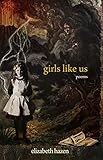

The poetry selections were tough for me this year, because I originally had 8 collections on my list. I pared it down to these three.
What were your favorite reads from 2020? I can always use recommendations (or can I?)
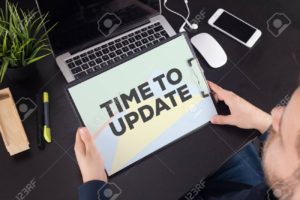



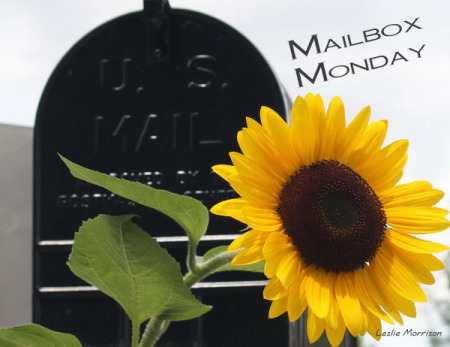



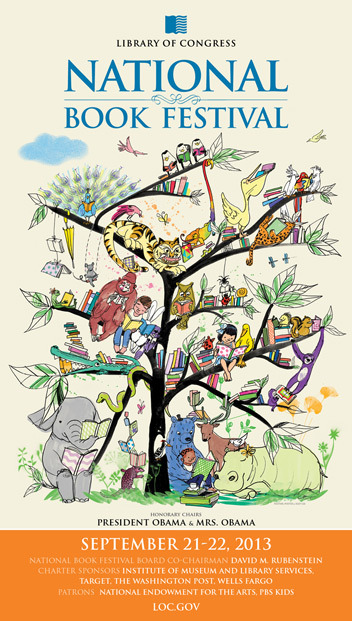
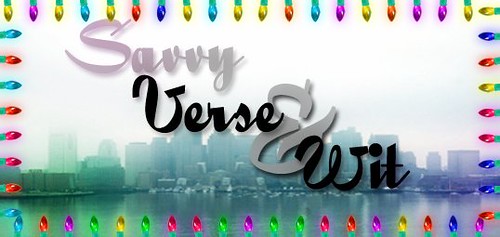
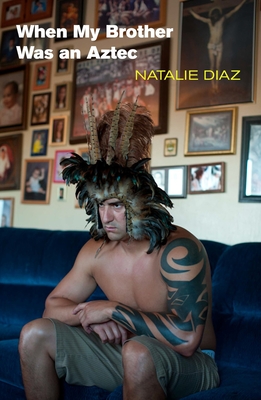
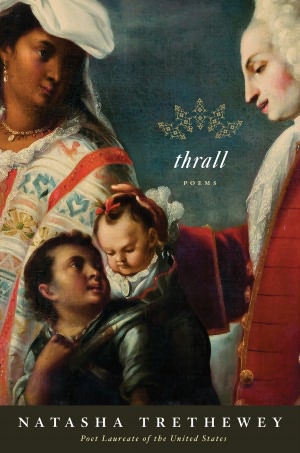


 The title of the collection tells readers all they need to know about the topics covered, including the moral, mental, and physical slavery or servitude as well as the complete emotional absorption that can happen in relationships. As Trethewey examines works of art through a lens of racial demarcation, she also looks at daughters’ relationships with their fathers, which can sometimes be congenial and at other times turbulent. In “Knowledge,” she is looking at the dissection of a woman and the men who stand around her as the cut is made into her flesh, and Trethewey’s narrator concludes that her father was not just one type of man, but each of the men in the room — all at once contemplative, scientific, and artistic, even though at times she felt he were just one of those men.
The title of the collection tells readers all they need to know about the topics covered, including the moral, mental, and physical slavery or servitude as well as the complete emotional absorption that can happen in relationships. As Trethewey examines works of art through a lens of racial demarcation, she also looks at daughters’ relationships with their fathers, which can sometimes be congenial and at other times turbulent. In “Knowledge,” she is looking at the dissection of a woman and the men who stand around her as the cut is made into her flesh, and Trethewey’s narrator concludes that her father was not just one type of man, but each of the men in the room — all at once contemplative, scientific, and artistic, even though at times she felt he were just one of those men.

